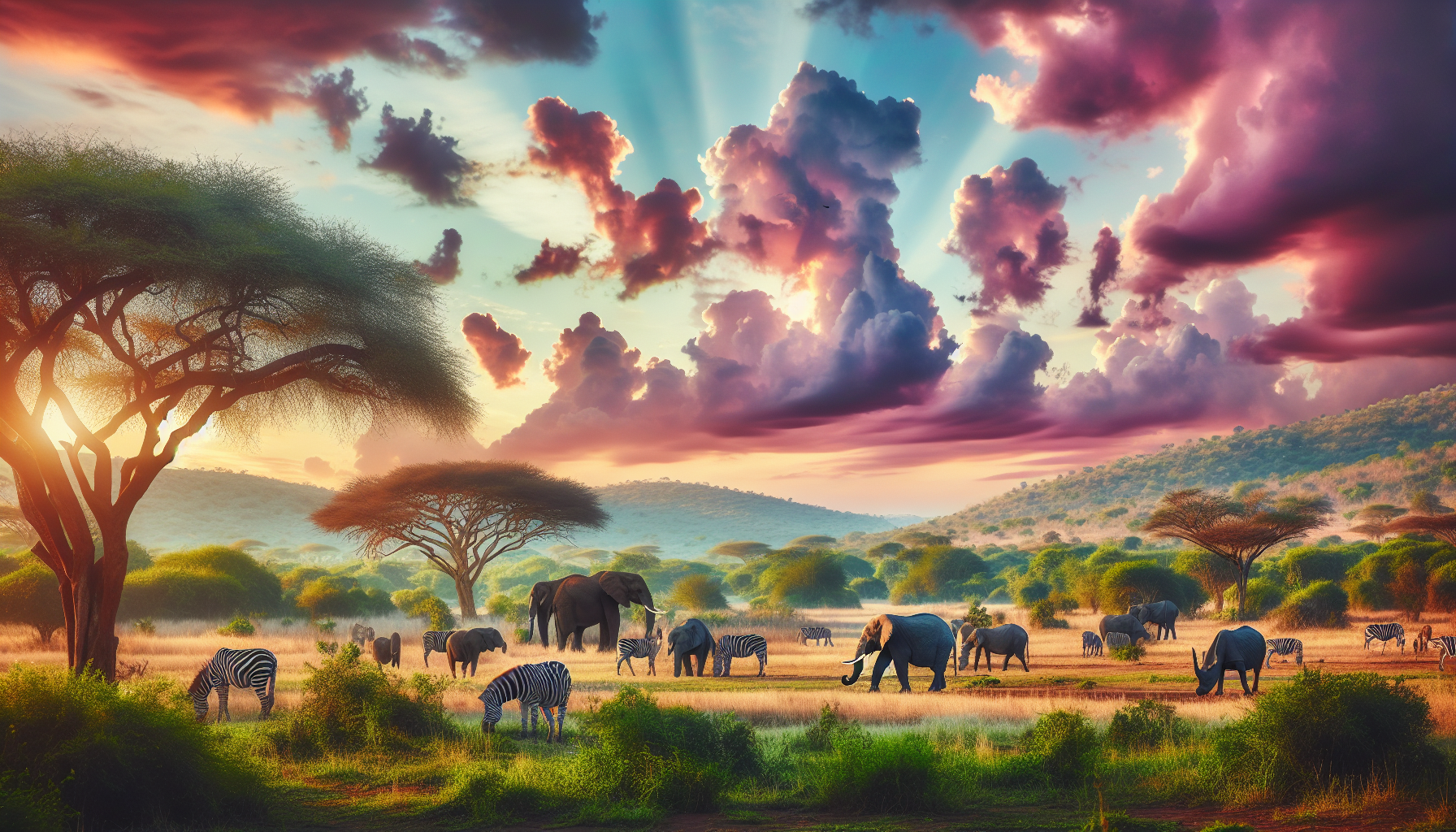South Africa is a land of extraordinary natural beauty and biodiversity. From the iconic Table Mountain to the vast savannas of Kruger National Park, the country's landscapes are home to a myriad of plant and animal species, many of which are found nowhere else on Earth. The preservation of this rich biodiversity is crucial not only for the environment but also for the cultural and economic well-being of the nation. Eco-conservation efforts play a vital role in ensuring that these natural treasures are protected for future generations.
One of the most successful conservation projects in South Africa is the ongoing effort to protect the rhinoceros population. Rhinos have been under severe threat due to poaching driven by the demand for their horns. Conservation initiatives such as anti-poaching patrols, community engagement programs, and the use of innovative technologies like drones and satellite tracking have seen some success in curbing poaching incidents. Projects led by organizations such as the South African National Parks (SANParks) have been instrumental in creating safe havens for these majestic animals.
Another beacon of success in South Africa's conservation landscape is the protection of the Cape Floristic Region, recognized as a UNESCO World Heritage Site. This region, one of the world's six floral kingdoms, hosts an astonishing variety of plant species. Conservation efforts here have focused on habitat restoration, controlling invasive species, and fostering community involvement to ensure sustainable land use practices. These initiatives have not only helped preserve rare plant species but also supported local economies through ecotourism.
Marine conservation is another critical area where South Africa has made significant strides. The country’s extensive coastline is home to diverse marine ecosystems, including the critically important kelp forests and coral reefs. Conservation groups have worked tirelessly to establish marine protected areas (MPAs) to safeguard these environments from overfishing and pollution. The expansion of MPAs has contributed to healthier fish populations and the preservation of marine life habitats.
Despite these successes, South Africa's conservation efforts face ongoing challenges. Climate change poses a severe threat, impacting weather patterns and water availability, which alters habitats and threatens species' survival. Additionally, balancing human development with conservation efforts continues to be a critical issue. As the population grows and urbanizes, the pressure on natural resources mounts, requiring careful planning and sustainable development strategies to ensure that conservation goals can coexist with socio-economic growth.
Community involvement remains an indispensable component of successful conservation strategies. Programs that educate and empower local communities to participate in eco-conservation efforts have proven effective. When communities see the benefits of conservation, such as increased tourism and improved ecosystem services, they're more likely to engage in sustainable practices.
The role of eco-conservation in South Africa is multifaceted and essential. It provides the foundation for protecting the country's unique biodiversity while supporting economic development and preserving cultural heritage. Continued efforts, innovation, and collaboration between governments, organizations, and communities are crucial in facing the challenges ahead. By prioritizing the environment, South Africa can ensure that its natural wonders continue to inspire and provide for generations to come.
